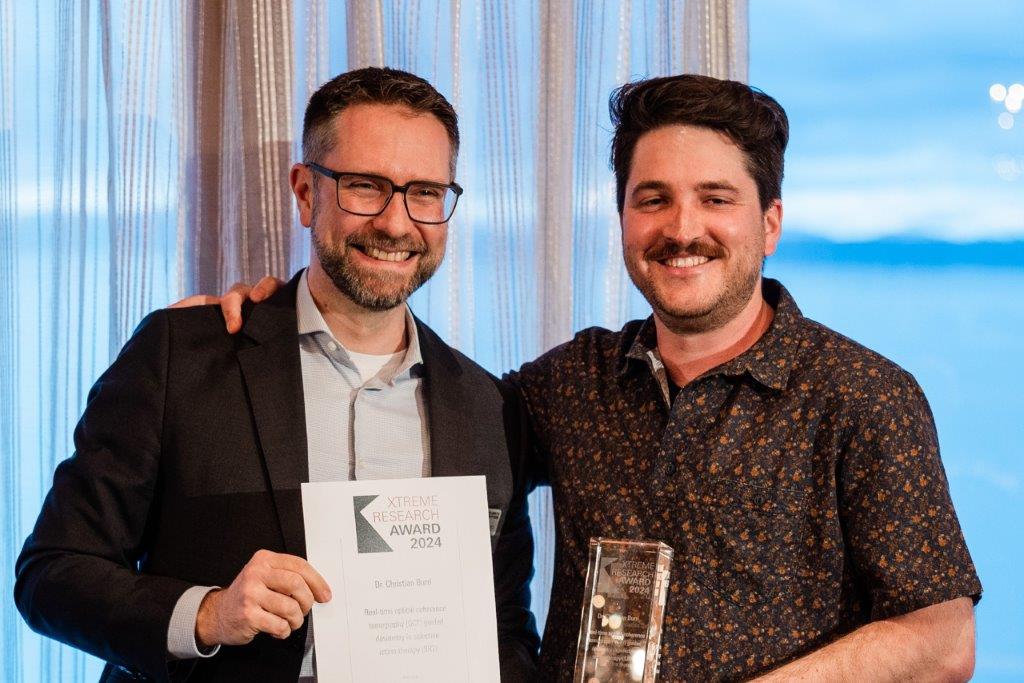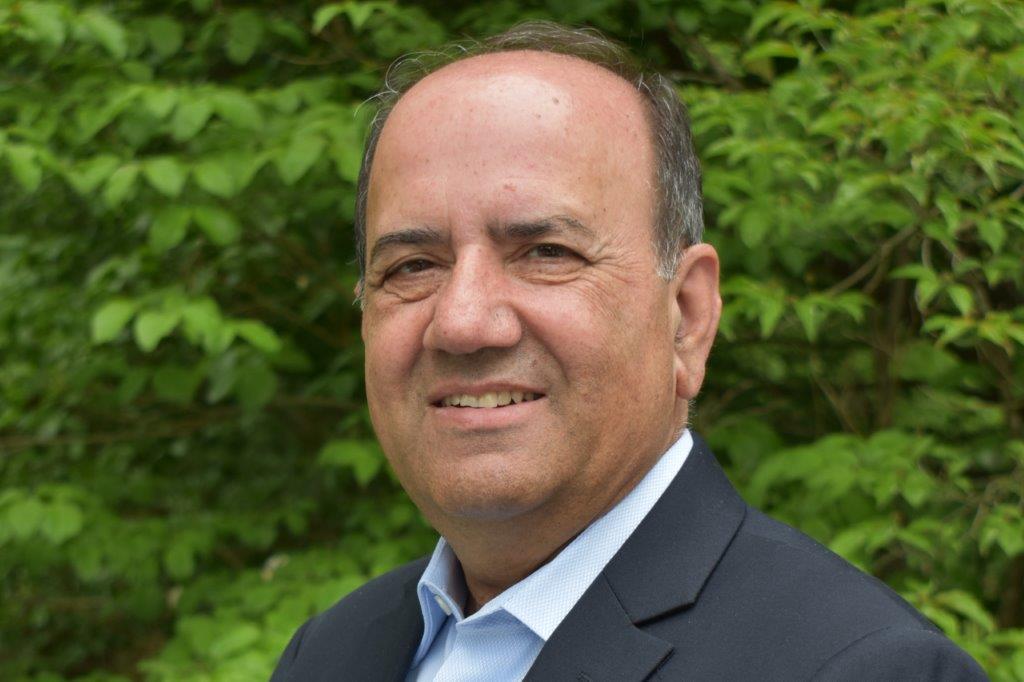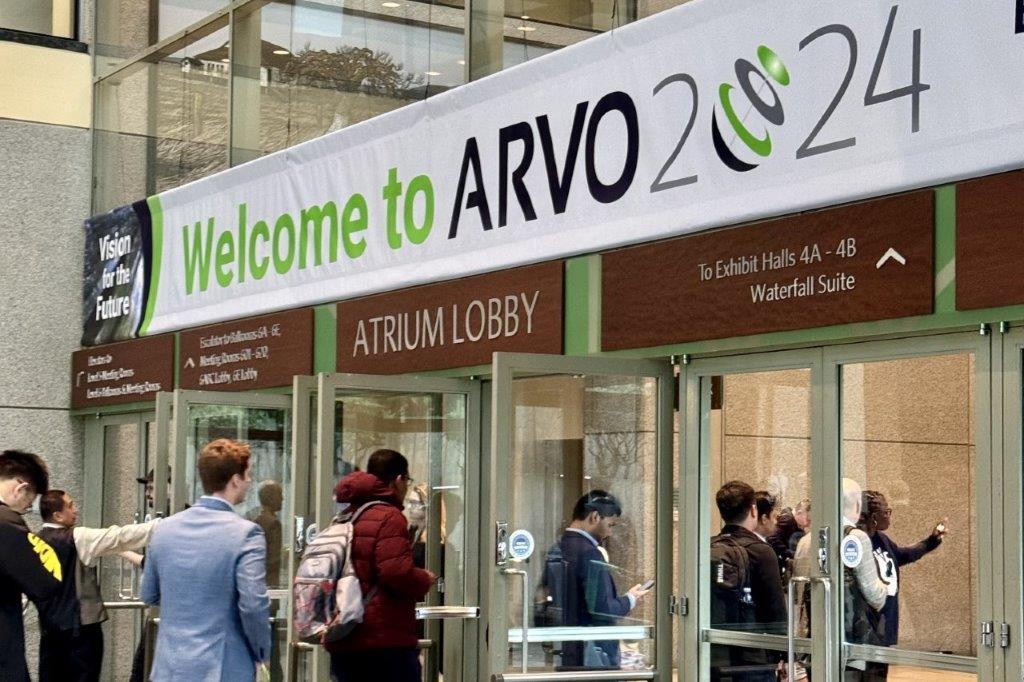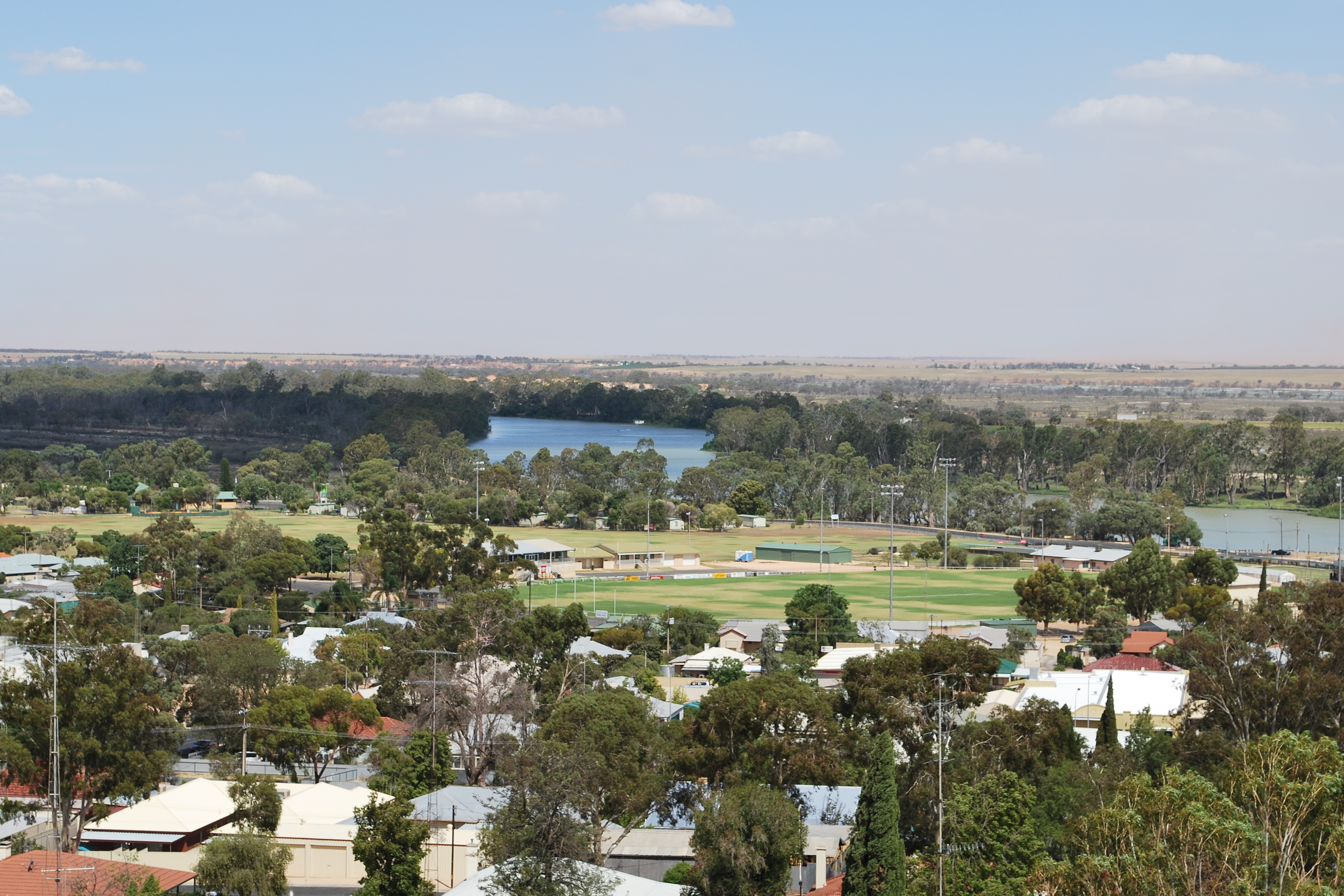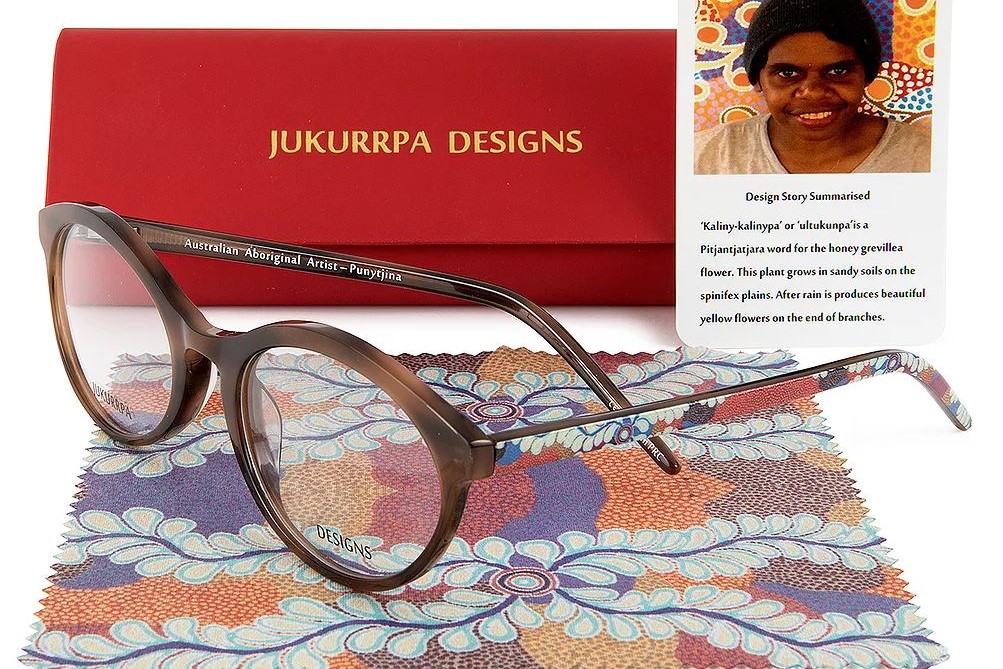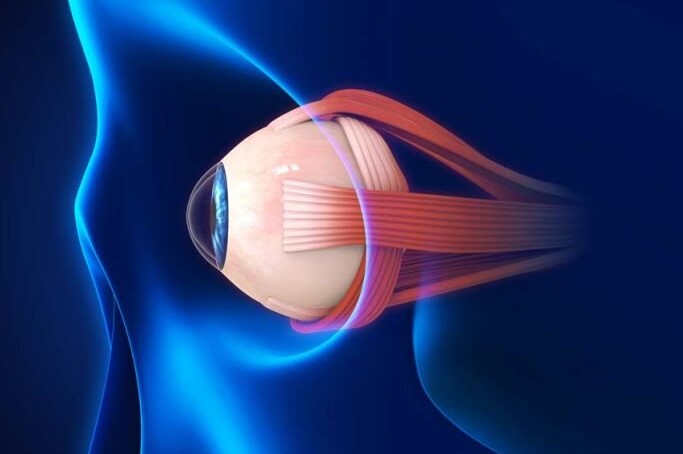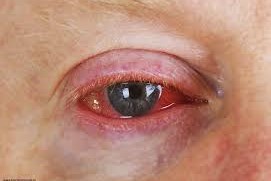Precision removal of diseased RPE cells?
A German researcher received the annual Heidelberg Engineering Xtreme Research Award at ARVO for work he said should make it possible to remove diseased retinal pigment epithelium (RPE) cells close to or within the fovea without damaging neighbouring tissue.
The University of Bern’s Dr Christian Burri received the €2,500 (NZ$4,410) award for his research into real-time OCT-guided dosimetry in selective retina therapy. “For more than 20 years we have known this treatment works, but what was missing was a reliable, non-invasive control mechanism, which we believe we now have,” said Dr Burri. The use of OCT ensures the dosage and duration of treatment is highly controlled to deliver a specific, personalised treatment, he said.
Dr Burri’s prototype is being used in a first-in-human four-year safety study in a cohort of diabetic retinopathy patients, which began in 2021, while a study with a cohort of AMD patients is due to start soon, said Heidelberg.







